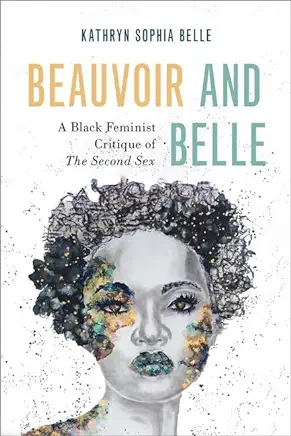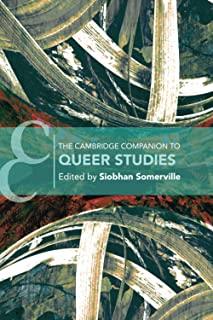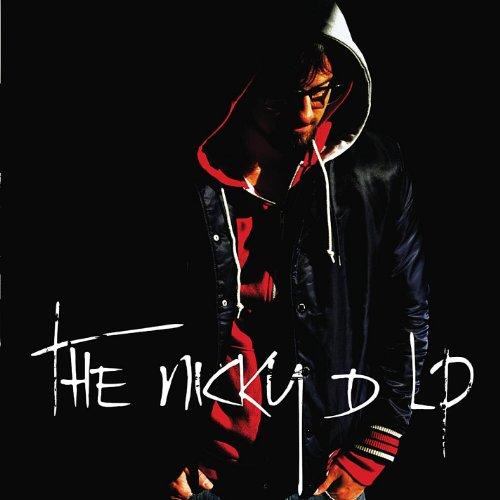
Belle, Kathryn Sophia
product information
description
t frameworks, discourses, and vocabularies of Black women and other Women of Color that existed prior to and have continued to exist after The Second Sex. She centers and amplifies the voices of Black women and other Women of Color, such as Lorraine Hansberry, Angela Davis, Chikwenye Ogunyemi, Deborah King, Oyèrónké OywùmÃ, Mariana Ortega, Kathy Glass, bell hooks, Kyoo Lee, Stephanie Rivera Berruz, Patricia Hill Collins, and Alia Al-Saji. Special attention is also given to Claudia Jones and Audre Lorde, both of whom implicitly and indirectly engage with The Second Sex. Beauvoir and Belle demonstrates the myriad ways in which these frameworks both expose and surpass the limits of The Second Sex. Belle argues against the frameworks of oppression used by Simone de Beauvoir in The Second Sex, a foundational text of white feminist philosophy. She frames Beauvoir's analogies as limitations, and shows how Beauvoir either does not engage with Black women and other Women of Color-or engages with them in problematic ways. Belle explores how Black and other Women of Color have critically written and talked about The Second Sex, and in so doing exposes the ways in which the existing Beauvoir scholarship has mostly ignored these engagements, thereby replicating Beauvoir's exclusions.
member goods
No member items were found under this heading.
Return Policy
All sales are final
Shipping
No special shipping considerations available.
Shipping fees determined at checkout.







